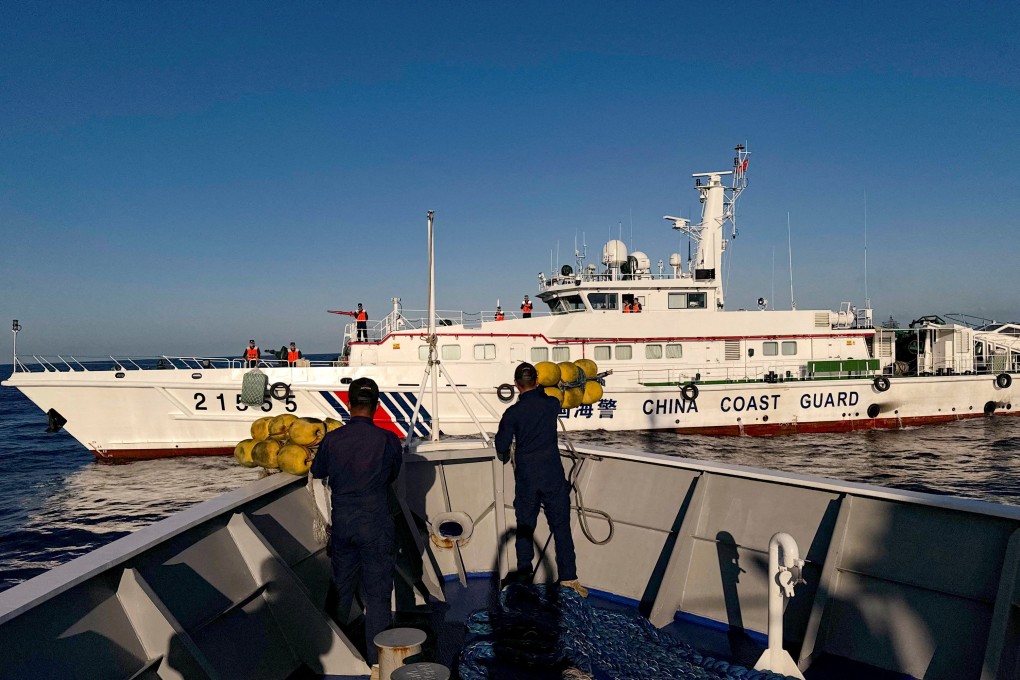China’s ramming of Philippine ship stops short of invoking US defence treaty
- Analysts say the South China Sea clash is unlikely to trigger Washington’s involvement but advise Manila to start talking tactics

The Philippine military has accused China of “intentional high-speed ramming” in the incident on Monday, in which eight Filipino sailors were injured and one suffered a severed thumb. China’s coastguard also reportedly seized two lifeboats used for the resupply missions from the Philippine vessel.
Manila and the United States are bound by the long-standing 1951 Mutual Defence Treaty (MDT) that calls on both sides to help each other in times of aggression by an external power.
In a statement on Tuesday, Philippine military chief General Romeo Brawner said the Chinese coastguard “has no right or legal authority to interfere with our legitimate operations or damage our assets within our exclusive economic zone (EEZ)”.
“This reckless and aggressive behaviour has caused bodily harm and constitutes a blatant violation of international maritime law, Philippine sovereignty, and sovereign rights,” Brawner added, noting that China’s actions also “pose significant risks to regional stability”.
Despite the incident, Brawner said his side remained committed to upholding the rule of law and would collaborate with international partners “to ensure and secure peace and stability across the West Philippine Sea and the Indo-Pacific Region”.